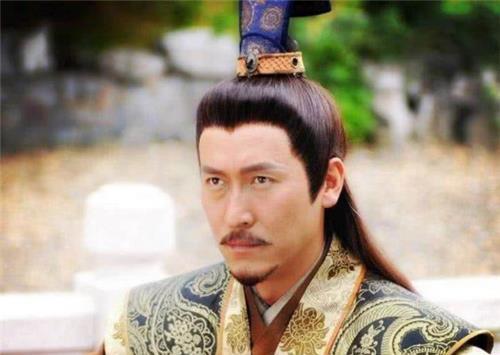Couplets are a traditional culture unique to Chinese culture, and its origin is an ancient custom: peach charms. In ancient times, people thought that peach wood could ward off evil spirits, so they would hang two pieces of peach wood on both sides of the gate, and then gradually paint the name or portrait of the door god on these two pieces of peach wood, the most common door gods in the Han Dynasty were Di and Yu, and when they arrived in the Tang Dynasty, they were basically Qin Shubao and Wei Chigong.

At the same time, we know that during the Tang Dynasty, the art form of poetry has developed to its peak, and poetry has appeared in a very strict style in form, which is very particular about confrontation, that is, the so-called "poetry union", such as "two yellow orioles singing green willows, a line of egrets on the blue sky" such sentences, each word needs to form a confrontation, people's minds have formed this "symmetrical aesthetics", and gradually rooted.
Later, the peach charm continued to develop, from painting a portrait of the door god on the peach wood or writing the name of the door god, to some auspicious words, somewhat similar to the word "Fu" we paste today, all for a festive occasion. In the second year of the Song Dynasty (964), the later Shu lord Meng Chang wrote the words "New Year Na Yu Qing, Jia Jie Changchun" on the peach symbol during the New Year, and since then the peach symbol has begun to transform into a couplet, which is also the first couplet in China's history.
We can see that this is actually very similar to the "poetry union" in some gelug poems, so the birth of the couplet condenses three elements, first of all, the tradition of tao fu, followed by the influence of the Tang poetry, and then the pursuit of the beauty of literature by the lord of the Later Shu kingdom. The wide spread of couplets is closely related to Zhu Yuanzhang, the founding king of the Ming Dynasty.
After the establishment of the Ming Dynasty, Zhu Yuanzhang, in order to celebrate the establishment of the Ming Empire, specially ordered every household to put a Spring League on the door to celebrate, and even the next day he deliberately went around the streets and alleys to see if anyone did not post the Spring League on the door, and also personally wrote the Spring League for a butcher who did not know the words and could not afford to buy the Spring League.
Because of Zhu Yuanzhang's love and enthusiasm for couplets, couplets soon became popular in the north and south of the river, and since then every household has the custom of sticking spring couplets, and literati and inkers also like to play couplets when they are gathering, and even emperors and officials use couplets to test the talents of their subordinates. Zhu Di, the fourth son of Zhu Yuanzhang, inherited his father's love for couplets very well, and there were many allusions related to couplets in his life.
Although Zhu Di was born in the military camp and grew up in the battlefield fighting, he had great respect for the readers, not only presided over the compilation of the Yongle Canon during his reign, but also attached great importance to the excavation and cultivation of the readers. One year he heard that a child named Peng Yinshan had been born in Liyang, who performed very well in all aspects and was a resource of good talents and beautiful jade, so he ordered that Peng Yinshan be invited to the capital (Peng Yinshan, a native of Liyang, Yongle Zhong, was enlisted to Beijing at the age of six).
After Peng Yinshan arrived in the capital, Zhu Di quietly tested his talents and learning, and found that Peng Yinshan did have outstanding features, so he often took him with him. On the day of the Lantern Festival, Zhu Di looked at the lights in the sky on the Fengtian Gate, and his heart was very happy, and he came out with a shanglian "Bright Moon, Bright Ming, Daming Unification", and the Manchu Dynasty Wenwu behind him could not get out of the lower league.
However, Peng Yinshan next to him immediately knelt down and said: "Junle Chenle, Yongle Ten Thousand Years", everyone knows that Yongle is Zhu Di's era name, containing the meaning of eternal peace and joy, which can be regarded as a blatant slap on the ass. However, Zhu Di was very happy after hearing this, rewarded Peng Yinshan with many treasures, and exempted his hometown from taxes for ten years.
References: Chinese Prodigy Couplet, Origin of Couplet